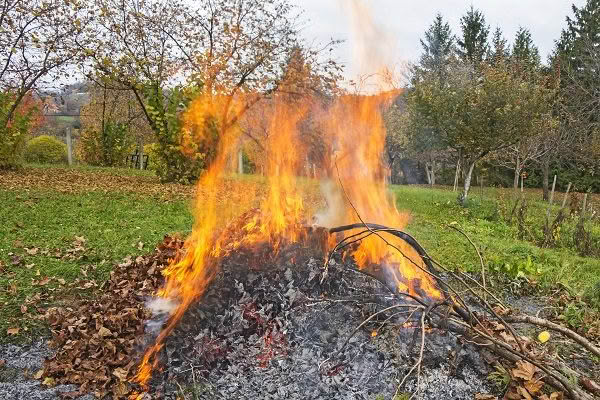5 things you might not know about fire permits

There’s a new process if you want to light a fire this summer.
Words Nadene Hall
Councils are no longer in charge of declaring fire seasons or issuing fire permits.
It’s now the job of Fire and Emergency – an amalgamation of the NZ Fire Service and the National Rural Fire Authority – to declare fire seasons and issue fire permits for NZ in urban and rural areas, via this website, www.checkitsalright.nz
Your location, the fire season status, and the specific type of fire you want to light will determine if you need a fire permit. The checkitsalright website works based on your address (or the address of the fire), so it will take into account local factors to determine whether you need a permit. For example, some authorised types of fire like a gas or charcoal barbecue, a pizza oven, or a chiminea may be allowed in your area, without a permit, during a restricted or prohibited fire season. Others, like a brazier, may not.
You still need to comply with city/district and regional council burning restrictions, even if you are issued a fire permit by Fire and Emergency.
Plan ahead
It takes about 5-10 minutes to fill in the form. A permit will be emailed to you within 5-10 working days, depending on whether a site visit is required, so you need to plan ahead to make sure you have it in time.
A permit can be suspended at any time
If Fire and Emergency declares a prohibited fire season or prohibits fire in open air, your permit is suspended. You will have to wait until the suspension is lifted, and/or get a new permit.
Size of fire doesn’t matter
There is no minimum or maximum size limit for fires in the open air. Your location, the fire season status, and the specific type of fire you want to light will determine if you need a fire permit. Visit checkitsalright.nz to see if you need to apply for a permit.
What happens if you light a fire without a permit
It is an offence under the Fire and Emergency New Zealand Act 2017 to knowingly or recklessly light a fire in open air without a fire permit, if a restricted or prohibited fire season has been declared or if a prohibition on the lighting of fires in open air is in place. An individual can face up to two years in prison or a fine up to $300,000, or both; in any other case, the fine could be up to $600,000.
Why will it specify that a fire must not be lit at night?
There are safety issues with monitoring a fire in the dark. If it got out of control, it would pose more risk to the public and firefighters. Fires at night also tend to attract attention as they can look much bigger than they are. This can result in unnecessary calls to 111 because it’s harder for people passing by to determine if the situation is safe.

